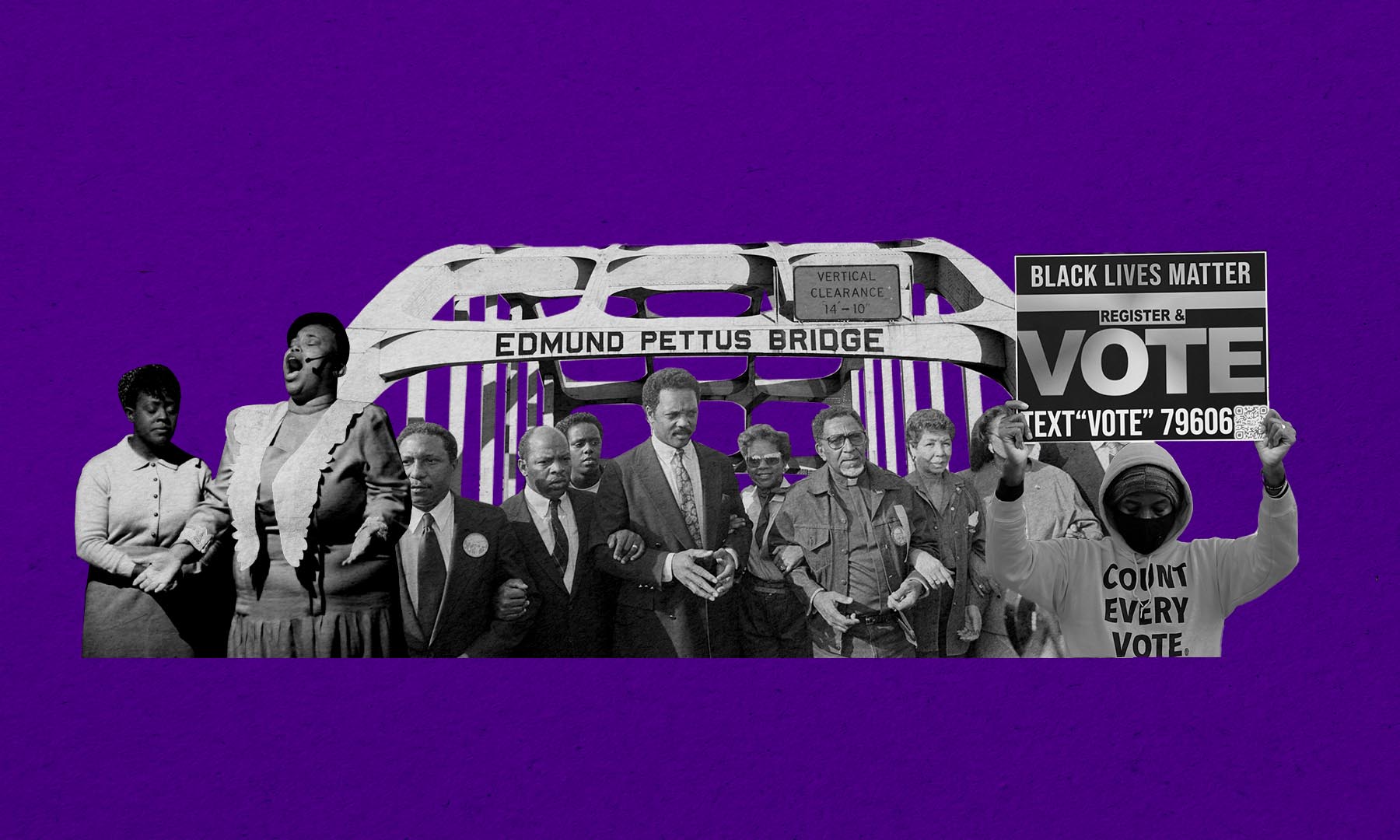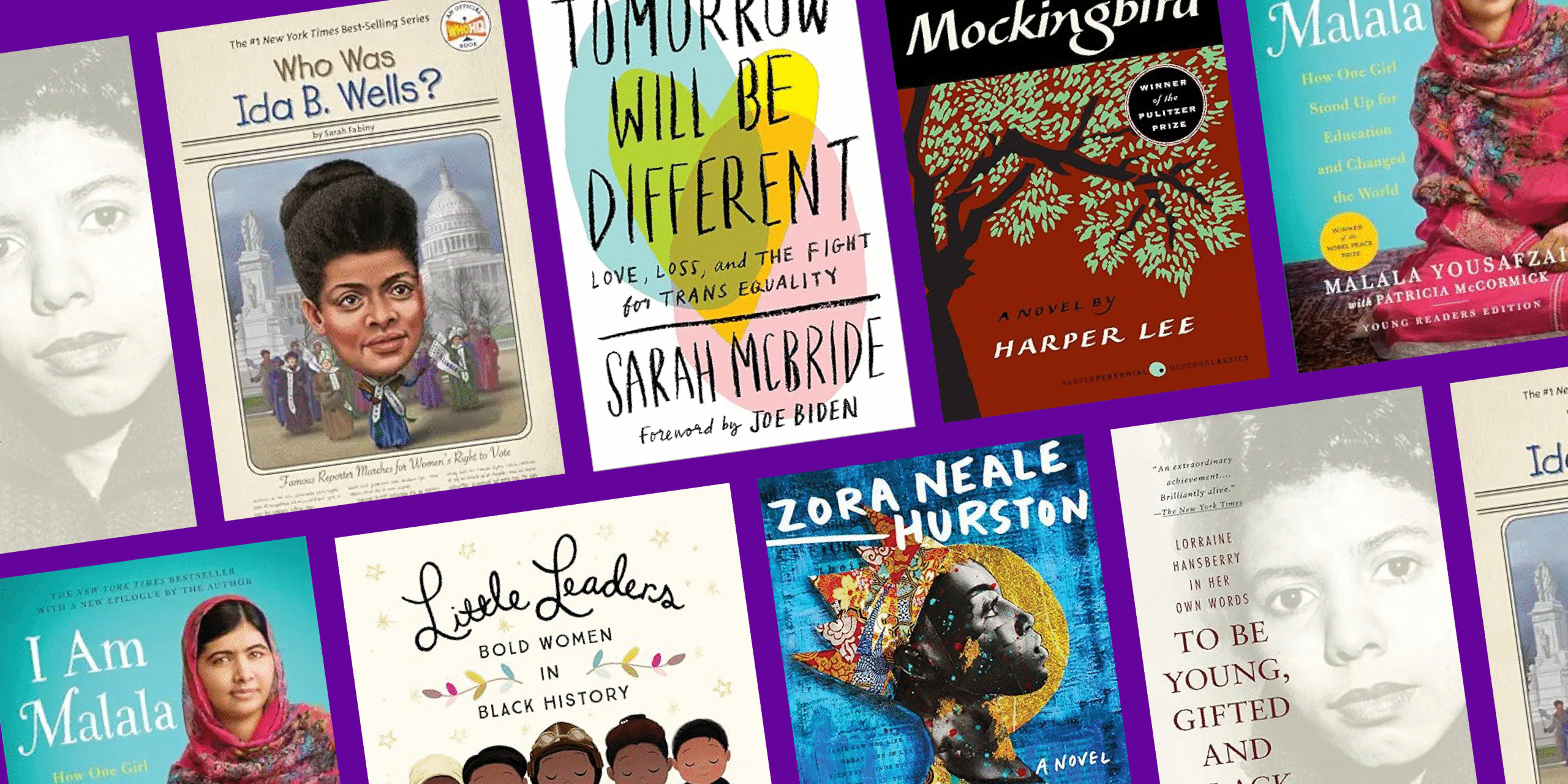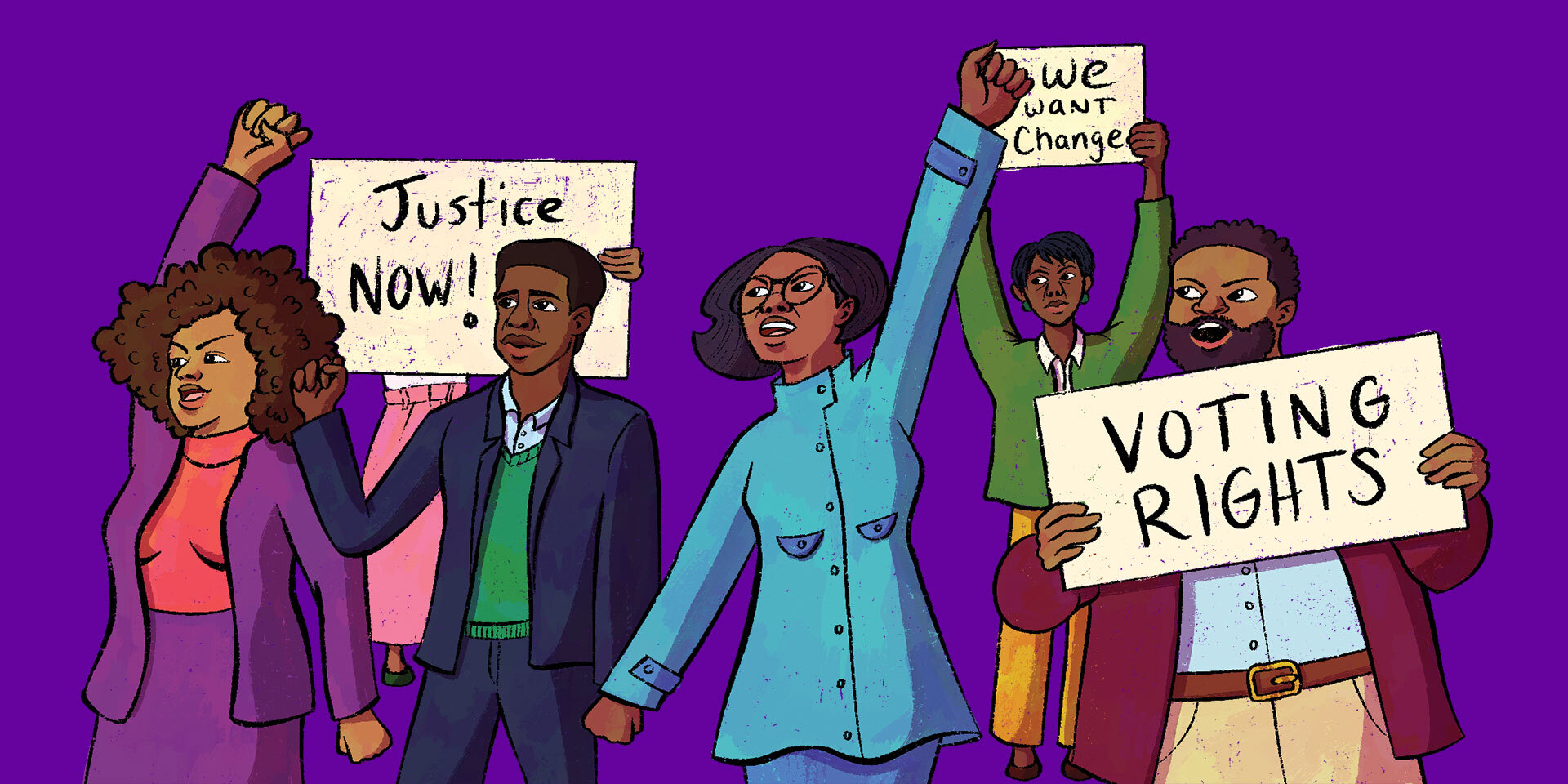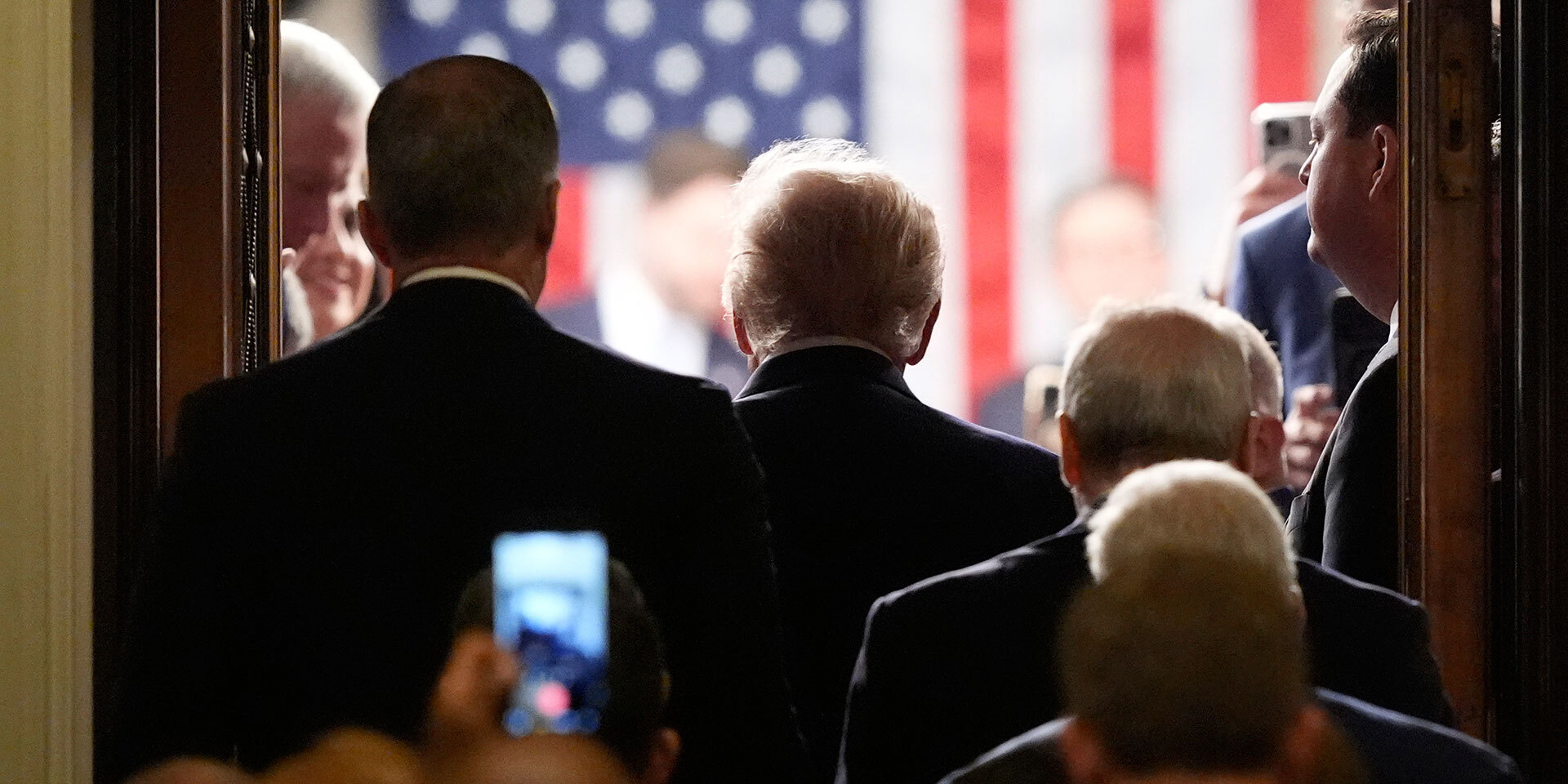As we approach the commemoration of Bloody Sunday, honoring people who undertook the march from Selma to Montgomery for voting rights in 1965, I’m reminded of the bravery and sacrifice of these individuals who defended our democracy.
This year marks the 59th anniversary of the day when men, women and even some children were brutally beaten by white state troopers and sheriff’s deputies, some on horseback, as they tried to cross the bridge on a march to the state Capitol in Montgomery, Alabama, to demand voting rights for Black people.
I have the right to vote because they paved the way for me, and because of this, I have never failed to vote in an election since I turned 18. Inspired by their bravery, I am a civil rights organizer and the leader of the Southern Poverty Law Center’s Alabama state office.
When I look back to March 7, 1965, I’m struck by the dedication and commitment of the people who came together in Selma, despite their fears and reservations, to demand justice and equality.
With their efforts, they changed the course of our nation’s history.
Their complex and triumphant story is powerfully told in the upcoming Broadway-slated play Selma the Musical: The Untold Stories, sponsored by the SPLC’s Civil Rights Memorial Center (CRMC). The play, a theatrical representation of the citizens of Selma as they prepare for one of the greatest endeavors of the Civil Rights Movement, will open today at the Montgomery Performing Arts Centre.
It is one of several events that the SPLC will hold and support to commemorate Jubilee, a celebration on the first weekend of March that is organized by people from Selma to honor the marchers and their commitment to civil rights for all people.
I would like to emphasize one of these events in particular: the wreath-laying ceremony at the Civil Rights Memorial on March 1 to honor the late U.S. Rep. John R. Lewis, one of the leaders of the march who was brutally beaten on the bridge, and 40 martyrs who died during the height of the Civil Rights Movement.
Although Selma’s Black community and Student Nonviolent Coordinating Committee (SNCC) members had been planning and executing civil rights protests and actions long before the brutality that day on the Edmund Pettus Bridge, the murder of SNCC member Jimmie Lee Jackson by Alabama state troopers was the catalyst for the Bloody Sunday march.
Jackson is among the civil rights martyrs who are commemorated at the CRMC, and his name is inscribed on the Civil Rights Memorial along with other martyrs.
The power and impact of the march from Selma to Montgomery for voting rights came from the community. Selma didn’t close its doors to outsiders. The community invited everyone who was on the side of justice and morality to join their effort – regardless of race, religion or creed. As people committed to protecting our country’s democracy, each one of us must find our place.
Not everyone can be John Lewis or Sheyann Webb-Christburg, who was only 7 years old when she joined marchers on the bridge and who will be honored during the musical performance as Bloody Sunday’s youngest participant.
Some of us may not be comfortable marching in the streets, but we can each find our own unique way to contribute to this work.
It might be volunteering professional skills such as research to organizations rooted in civil rights, or knocking on doors for a like-minded political candidate, attending city council or school board meetings, or perhaps most importantly, teaching inclusivity in your own home.
As we celebrate those who fought to protect our democracy, let’s honor their sacrifice by taking an active role in carrying their legacy forward.
Illustration at top by the SPLC.






